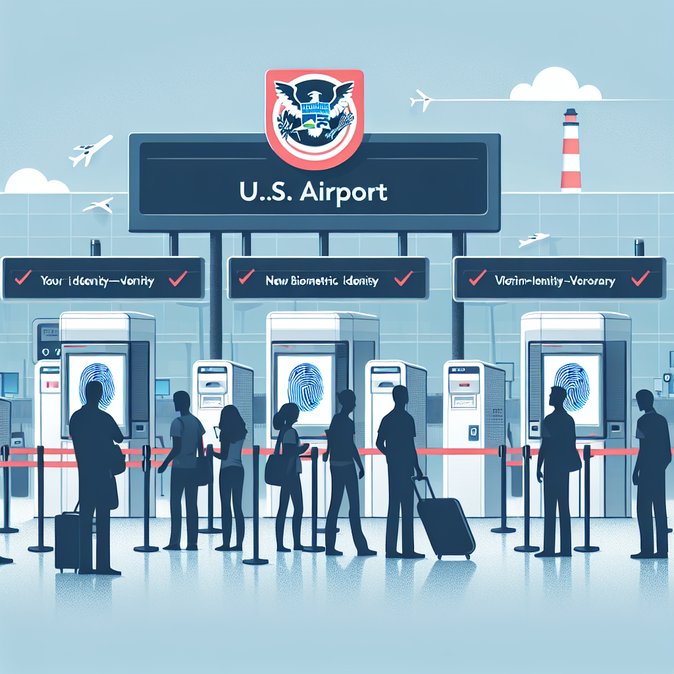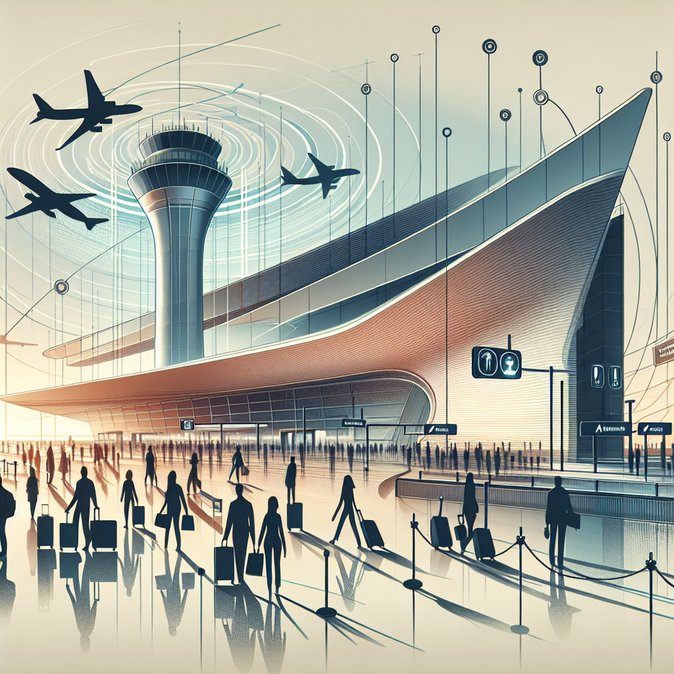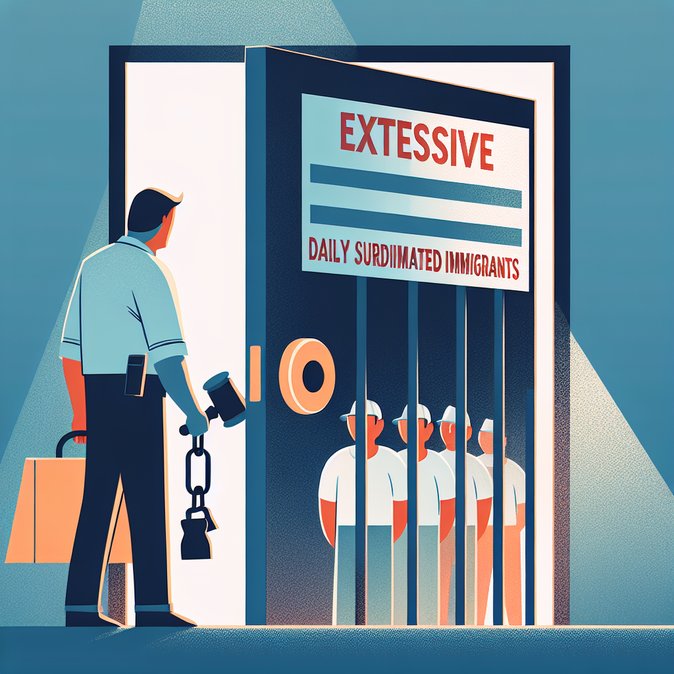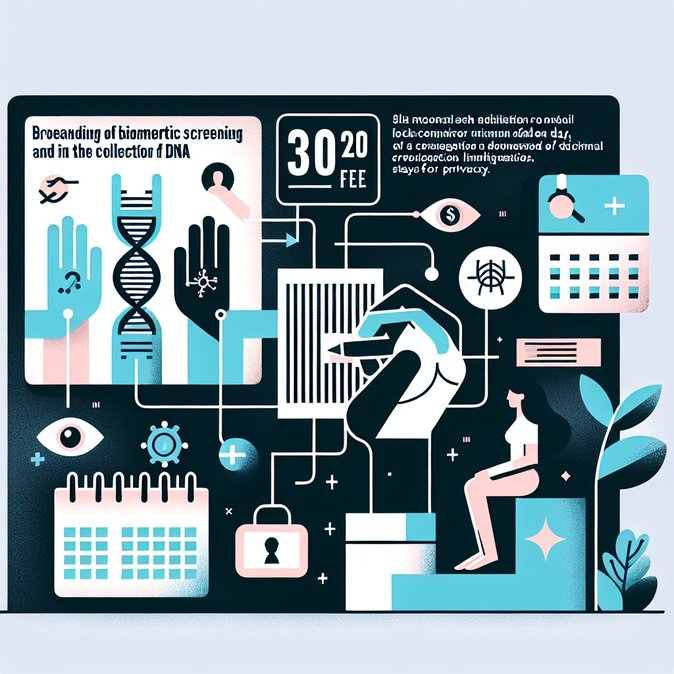
Business travelers who forget their wallet will soon pay for it—literally. In a Federal Register notice published on November 21, 2025, the Transportation Security Administration (TSA) confirmed it will charge a non-refundable $18 fee to any traveler who arrives at security without REAL ID-compliant identification or a valid passport. Instead of the current manual questioning process, passengers will be routed to new self-service kiosks that capture a live facial image and match it against government databases before issuing a 10-day "alternate identity" credential. TSA says the fee simply reimburses the cost of hardware, software, cyber-security and customer-service support required to stand up the system.
The change is part of TSA’s long-delayed effort to enforce the REAL ID Act of 2005, which the Trump administration finally put into effect in May. An estimated 94 percent of U.S. adults now carry acceptable ID, but travel-industry data suggest hundreds of passengers per day still arrive at checkpoints empty-handed. By automating the fallback process, TSA expects to cut verification time from roughly 15 minutes to under two, freeing lanes during peak morning departures.
![TSA to impose $18 biometric ID-verification fee at airport checkpoints]()
Airports and airlines have greeted the move cautiously. Airports Council International–North America said the kiosks could reduce queue backups but warned that travelers may regard the fee as a "gotcha" charge that erodes customer satisfaction. Corporate-travel managers are also watching closely: under most U.S. Government Services Administration contract-city-pair rules, travelers must absorb incidental fees unless an agency agrees to reimburse them. With government and defense contractors among the heaviest users of last-minute travel, the $18 surcharge could add up quickly.
Privacy advocates are more troubled by the program’s biometric reach. While TSA says images will be stored "for the minimum period necessary," the agency has not specified the retention window or whether data may be shared with other Homeland-Security components. The American Civil Liberties Union has already demanded a public comment period and a clear opt-out path that does not involve missing one’s flight. TSA counters that Congress explicitly authorized cost-recovery fees for "registered-traveler" programs and that all data handling will follow DHS privacy-impact-assessment protocols.
Implementation details—including which airports will get kiosks first and how travelers will pay—are expected in a follow-up notice early next year. For now, mobility managers should update pre-trip reminders: no ID could soon mean an $18 hit and an extra biometric photo before boarding.
The change is part of TSA’s long-delayed effort to enforce the REAL ID Act of 2005, which the Trump administration finally put into effect in May. An estimated 94 percent of U.S. adults now carry acceptable ID, but travel-industry data suggest hundreds of passengers per day still arrive at checkpoints empty-handed. By automating the fallback process, TSA expects to cut verification time from roughly 15 minutes to under two, freeing lanes during peak morning departures.

Airports and airlines have greeted the move cautiously. Airports Council International–North America said the kiosks could reduce queue backups but warned that travelers may regard the fee as a "gotcha" charge that erodes customer satisfaction. Corporate-travel managers are also watching closely: under most U.S. Government Services Administration contract-city-pair rules, travelers must absorb incidental fees unless an agency agrees to reimburse them. With government and defense contractors among the heaviest users of last-minute travel, the $18 surcharge could add up quickly.
Privacy advocates are more troubled by the program’s biometric reach. While TSA says images will be stored "for the minimum period necessary," the agency has not specified the retention window or whether data may be shared with other Homeland-Security components. The American Civil Liberties Union has already demanded a public comment period and a clear opt-out path that does not involve missing one’s flight. TSA counters that Congress explicitly authorized cost-recovery fees for "registered-traveler" programs and that all data handling will follow DHS privacy-impact-assessment protocols.
Implementation details—including which airports will get kiosks first and how travelers will pay—are expected in a follow-up notice early next year. For now, mobility managers should update pre-trip reminders: no ID could soon mean an $18 hit and an extra biometric photo before boarding.


